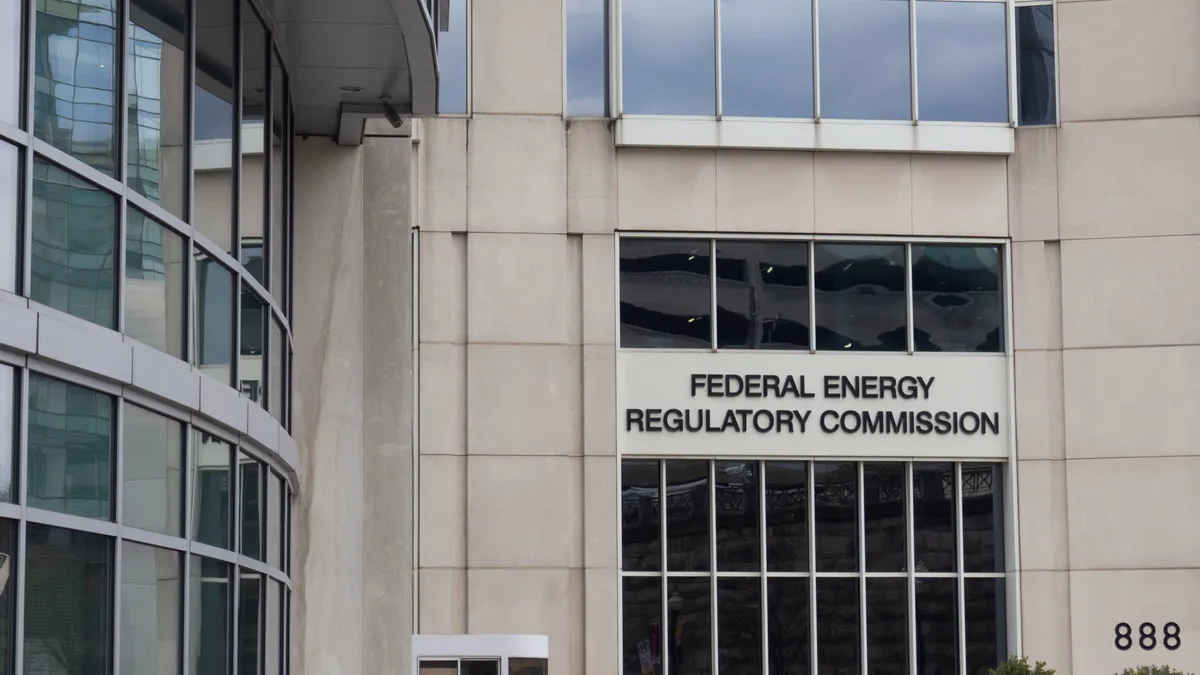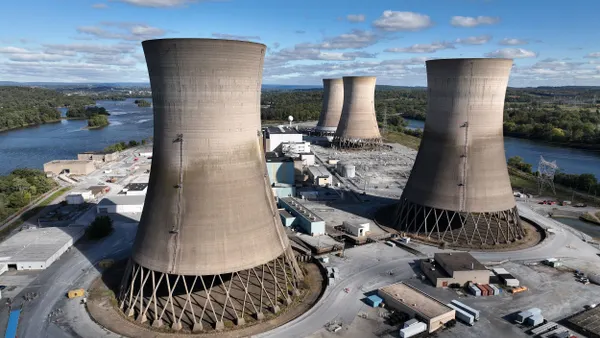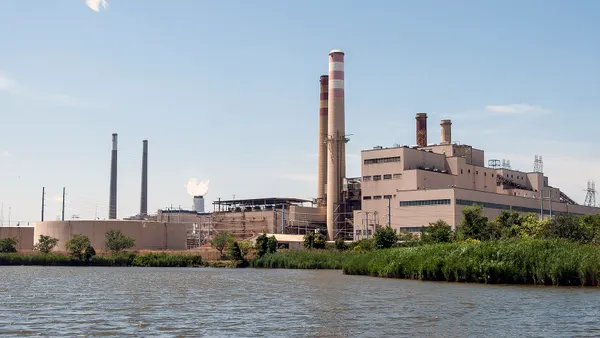The White House on Monday said it was nominating Laura Swett, an energy attorney at Vinson & Elkins, to take the seat held by Federal Energy Regulatory Commission Chairman Mark Christie.
Christie’s term expires June 30, although he can remain in his seat through this Congressional session, which typically ends around the end of the year.
The move to replace Christie appears to have been a surprise. “I learned this evening from a media inquiry that Pres. Trump has appointed Laura Swett to replace me when my term expires,” he said on social media. “I congratulate Laura and wish her the best.”
Christie said he would remain at FERC for a few weeks after June 30 to help get key orders out.
The news is “bittersweet,” according to former FERC Chairman Neil Chatterjee. “I adore Laura Swett and believe she will be an excellent [FERC] chair (if given the chance by [the Office of Information and Regulatory Affairs] and [the Office of Management and Budget]),” he said on social media. “But [Christie] is a patriot. All he did was run the agency well. He’s a veteran who has dedicated his life to serving America. He deserved better.”
If approved by the Senate, the move leaves five-member FERC with two Republicans — Swett and Commissioner Lindsay See — and two Democrats — commissioners David Rosner and Judy Chang.
The White House will likely name See as, at least, interim FERC chair after Christie leaves, ClearView Energy Partners said in a client note on Tuesday.
The seat held by former FERC Chairman Willie Phillips remains unfilled after he left FERC on April 22. He joined the law firm of Holland & Knight last month. His term was set to end on June 30, 2026.
If approved, Swett will join FERC as the White House appears to be exerting a growing influence over independent agencies, according to Devin Hartman, director of energy and environmental policy at the R Street Institute, a free market oriented think tank.
“We would expect that this White House will be more involved with FERC decision making than any previous administration,” Hartman said Tuesday. Perhaps the top energy issue for the White House is the rapid approval of oil and gas projects, an area Swett has expertise in, he said.
“The big outstanding question is, how they view the role for FERC in meeting energy demand growth, and if they want FERC to play a role in leading or validating interventions to retain legacy power plants,” Hartman said. “We're in a critical stage of both FERC direction and the integrity of electricity markets moving forward.”
It is unclear how quickly Swett could be confirmed by the Senate, which is focused on the One Big Beautiful Bill Act, according to ClearView. If Swett isn’t confirmed until the fall, FERC could have two Democratic commissioners and one Republican over the summer, the research firm said, noting that it considers Rosner a “moderate practitioner.”
Swett represented pipeline and electric power companies at FERC on issues such as enforcement and market manipulation, rates, market rules and regulation, cybersecurity, licensing and wholesale power sales, according to Vinson & Elkins, which she joined in February 2023.
Swett also represented PJM Interconnection transmission owners in FERC’s rulemaking that set new transmission planning and cost allocation requirements, according to filings at the agency.
Swett previously worked at FERC, including as an advisor to former Commissioner Bernard McNamee and former Chairman Kevin McIntyre, according to her LinkedIn page. She also worked in FERC’s enforcement office for about five years.
Swett graduated from the University of Virginia in 2007 and from the Georgetown University Law Center in 2011.














